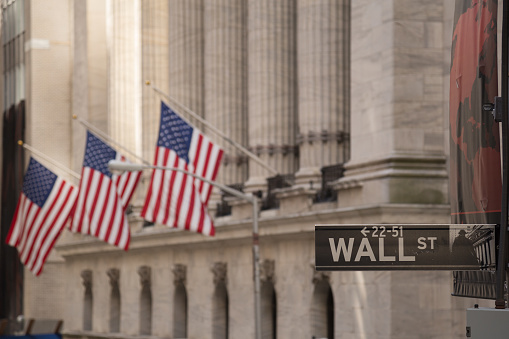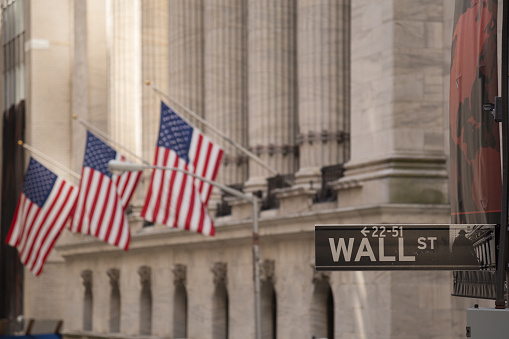
US stocks continue to rise as investors weigh renewed trade tensions, reopening momentum, the Fed’s purchases of corporate debt ETFs and the core consumer-price index’s record decline.
Trade Tensions
It seems trade jabs are likely to be mostly political theater between the world’s largest two economies. China knows President Trump is in election mode and the fragility of the US economy will likely see him just wait until after the election before enforcing tariffs for lack of Chinese compliance. Trump’s threat to cut investment ties between US federal retirement funds and Chinese equities continues to add tension to the relationship. Chinese trade insiders are firmly dissatisfied with the phase-one deal and will likely maintain hardlines for future deals.
Fed begins ETF purchases
The Fed’s March 23rd announcement that ETF purchases were coming helped kickstart the rebound with US equities. The widespread emergency actions that were announced are finally taking place and traders will continue to try to get ahead of the Fed. The credit markets have delivered record issuance over the past few months and Fed’s ETF purchase program announcement has successfully compressed spreads enough to help distressed companies. Corporate debt defaults will still happen, but it won’t be as bad now that the Fed is committed to buying corporate bonds.
Reopening
Reopening momentum continues but fear of renewed outbreaks remains high. The urgency in reopening the economy will likely see many states continue to push forward even as spikes of new cases occur. Fear is high that many states will suffer severe long-term damage to workers and the economy. It seems that many governors will continue to push forward with reopening their respective economies.
US CPI
Core consumer-price index, which excludes volatile food and fuel costs declined to the lowest level on record. The demand shock from COVID-19 continues and next month’s annual consumption reading seems poised to turn negative. Deflation is the biggest risk for the Fed and that is why they’ve thrown everything at supporting the economy. Food prices had the biggest increase since 1974, but overall this report highlights the devastation to prices from the coronavirus pandemic.
Oil
Earlier in London, oil prices pushed higher after Saudi Arabia delivered additional crude production cuts and reduced their Vision 2030 by $8 billion. Production cuts here, productions cuts there, productions everywhere. Production cut announcements or comments from Russia, Saudi Arabia, UAE, Kuwait, and Kazakhstan pretty much signal energy markets could see a balanced market next month.
Crude prices popped (late this morning) after reports OPEC + signaled they want to keep their 9.7 million bpd of production cuts beyond June and not scale back. The OPEC + news was accompanied with reports that Russian energy minister Novak and US energy secretary Brouillette had a phone call to discuss market stabilization.
All the news flows has been positive for oil prices, but it should get harder for that momentum to continue in the short-term.
Crude prices over the next couple of months should remain supported, but if WTI crude extends well above $30, profits will be locked in.
Gold
Gold prices are rising again on renewed outbreak fears and on heightening tensions between the world’s largest two economies. Wall Street is getting nervous that the stock market relief rally has run its course and that we are one headline away from a major flight-to-safety. Gold appears ready for that next climb higher.
Bitcoin
Bitcoin’s halvening (halving) happened and the entire crypto space is thriving. Some miners are fleeing to Ethereum, XRP or Bitcoin cash, but crypto-enthusiasts should not give up on Bitcoin just yet. Institutional interest is growing for Bitcoin as rising global fiscal and monetary stimulus efforts have heavily been priced in for global equities. Bitcoin is slowly becoming a legitimate investment, albeit an extremely volatile one. The post-halving slump could be limited to only the $8000 level. If the crypto trading environment doesn’t have a second major wave of panic selling from a return of heightened lockdown measures in the US and Europe, Bitcoin could finally break above the $10,000 level in next couple of months. Major resistance lies around last summer’s high of $13,851.


 Signal2forex.com - Best Forex robots and signals
Signal2forex.com - Best Forex robots and signals




